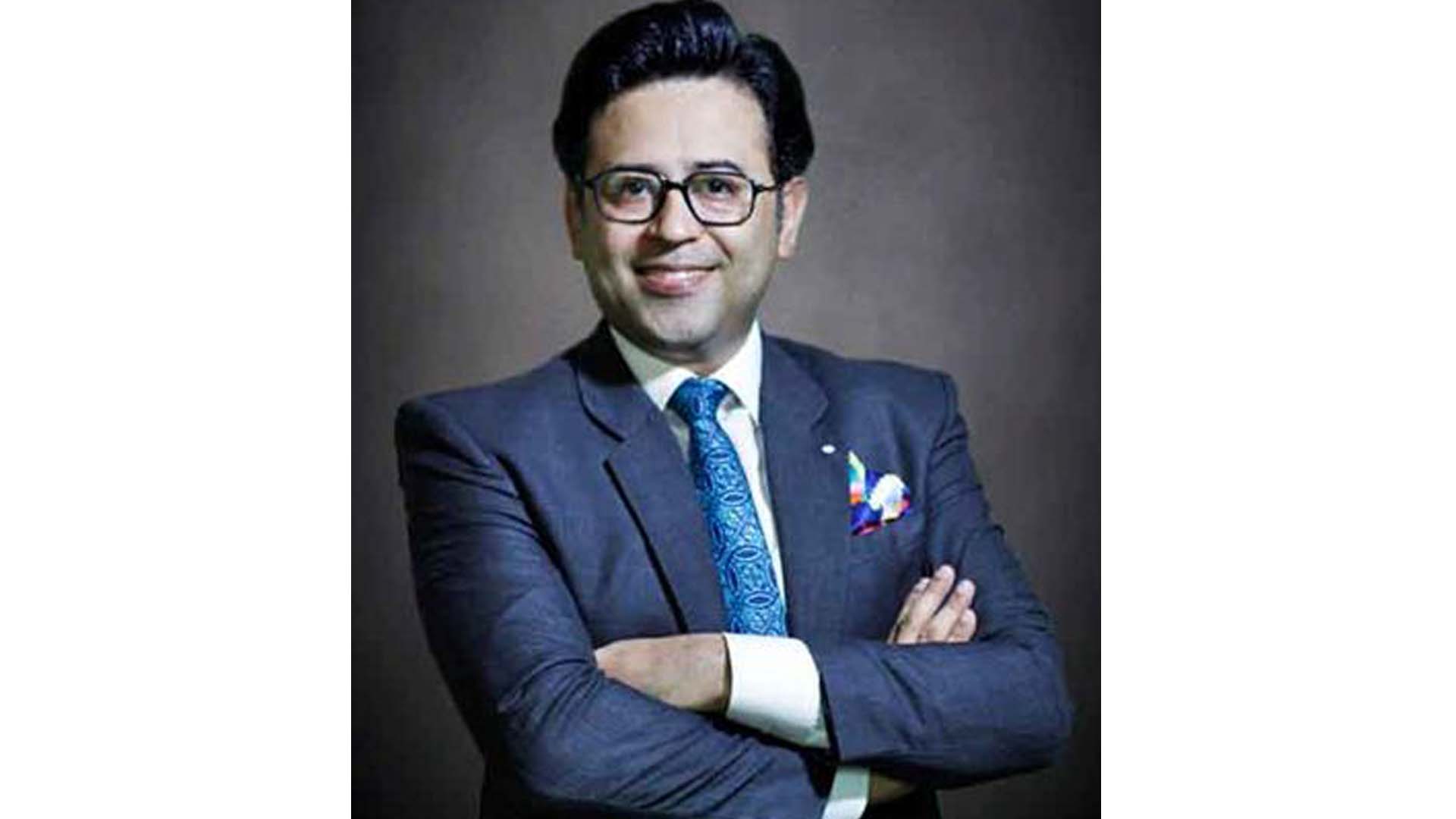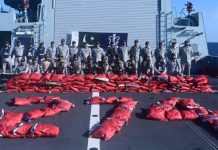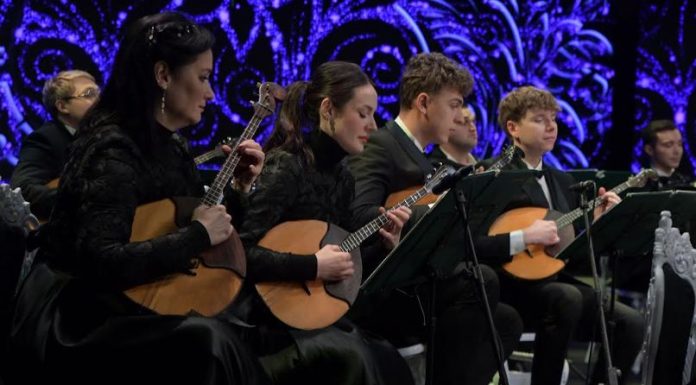Dr M Ali Hamza
Under the Pan-Islamic ideology, Pakistan has always shouldered KSA (Kingdom of Saudi Arabia) as guardian against any external threat. Therefore, since the 1970s, Pakistani soldiers have been stationed in Saudi Arabia to protect the Kingdom.During the Iran–Iraq War in 1980’s around 20,000 Pakistani soldiers were stationed in the kingdom.Fighter Pilots of the Pakistan Air Force flew aircraft of the Royal Saudi Air Force to repel an incursion from South Yemen in 1969 and Pakistan Army Corps of Engineers built Saudi fortifications along its border with Yemen.
In 1979, during the siege of Mecca, Pakistani SSG commandos carried out the operation to rescue the pilgrims and captured the insurgents. Saudi Arabia is the largest importer of Pakistani arms, and has purchased small and medium conventional weaponry worth millions of US Dollars. In 2016, Pakistan Ordnance Factories (POF) has secured export order worth 81 million US$ to Saudi Arabia. Moreover since 2017 GenralRaheel Sharif (Ex- Pakistan Army Chief) is the first supreme commander of Islamic Military Counter Terrorism Coalition, also known as Muslims’ NATO. There are reportedly around70,000 Pakistani servicemen serving in the Military of Saudi Arabia.Though our bilateral relations have been historically close and friendly, even when KSA kept building business deals with India and we kept floating away from Iran.
Apparently we have commercial, cultural, political, and strategic relations with KSA since the establishment of Pakistan in 1947, but our religious ties seem to be of utmost importance, therefore KSA has generously infused its finances into our Mudrasas (schools of theological teaching), and extended gifts in form of mosques.
It is to be noted that Saudi Arabia and Pakistan are leading members of the Organization of Islamic Cooperation (OIC);however Saudi Arabia is one of the strongest supporters of India during Pakistan’s wars with India, especially in the creation of Bangladesh from Pakistan’s eastern wing in 1971.Moreover Saudi Arabia supports India’s stance on the Kashmir conflict, and opposes the Pakistan’s position in the Indo-Pakistan peace process.
In a recent history; August 2019, when IOK’s special autonomous status was challenged and Narendra Modi passed a bill revoking Article 370 of the constitution and Indian occupied Jammu and Kashmir lost its freedom to design and enact its own laws regarding foreign affairs, defense, finance, and communications: a harsh downgrade from a state to a union territory.
Pakistan condemned the move and folded its relations; removing ambassador and stopping trade. Pakistan also brought the matter to the OIC which represents 57 Muslim-majority countries around the world; dominantly manipulated by Arab countries. In the same month of 2019, Pakistan categorically asked not to invite the then Indian minister of external affairs Ms Sushma Swaraj in the upcoming OIC meeting, to convey the annoyance caused by Indian action. But we witnessed her welcome.
The response of OIC was lukewarm.Besides, Saudi Arabia gave Pakistan a $3 billion loan and a $3.2 billion oil credit facility in late 2018. After Islamabad sought Riyadh’s support over alleged human rights violations by India in the disputed territory of Kashmir, Saudi Arabia has pushed Pakistan to repay the loan.Pakistan returned $1 billion to Saudi Arabia and for a second installment of a $3 billion soft loan Islamabad reached out to Beijing for a commercial loan to help it offset pressure to repay another $1 billion to Riyadh next month.
With the $1 billion flowing out, Pakistan, which has $13.3 billion in central bank foreign reserves, could face a balance of payments issue after clearing the next Saudi installment.In such an upsettingstate of affairs, who helped us? No country from OIC indeed and no Arab billionaire king, rather ‘China has come to our rescue’. And if it is a Chinese debt trap; as many friends of KSA in west propagate it, then who pushed us in the trap? Our very own Prince Salman also known as MBS!.
In early 2019 on his visit, MBS offered India $100bn investment for infrastructure and agrees to help fight extremism and terrorism. In a same visit to the region MBS offered only $20 investment to Pakistan; that has not yet been started flowing. KSA is a home to more than 2.7 million Indian expatriates; the largest community of expatriates in Saudi Arabia, that never had stress or threat to getexpelled. The kingdom is India’s fourth-largest trading partner, with bilateral trade worth $28bn,supplying 20 percent of its crude oil to India.
Besides all economic and social ties with India KSA was never given an access to inject financial funding for religious schools.Rather senior Indian diplomats are found blaming KSA funding religious schools and organizations that contribute to extremism in South Asia (U.S. diplomatic cable accessed by The Hindu through WikiLeaks in 2009). Point of the matter is to realize who is who by recalling the undeniable historical memory to stop efforts that have well established and proven to go off the mark.












